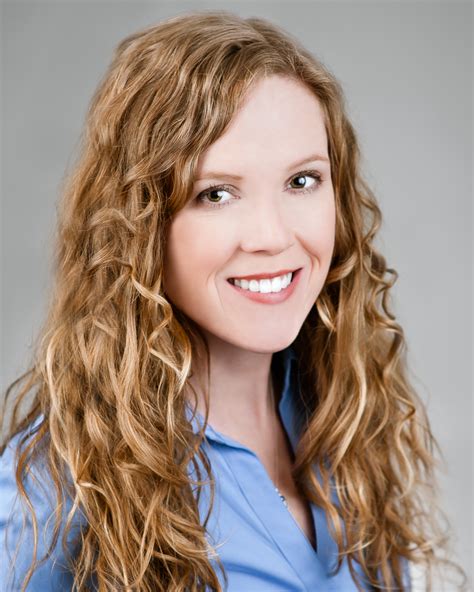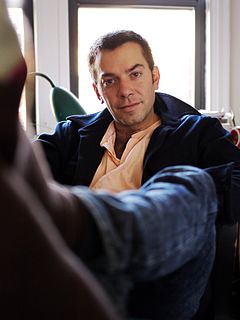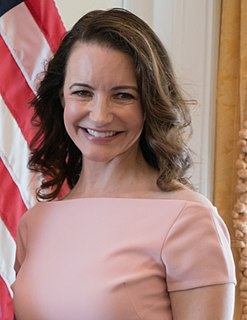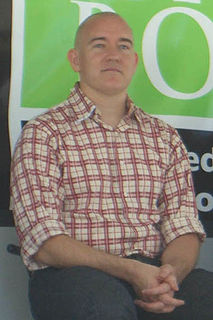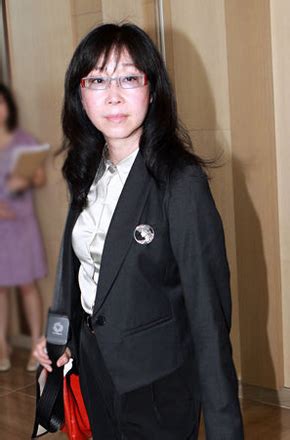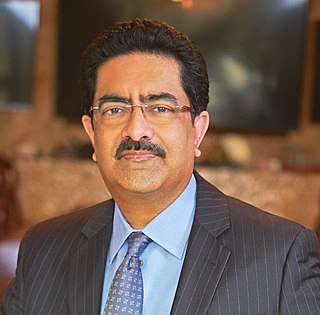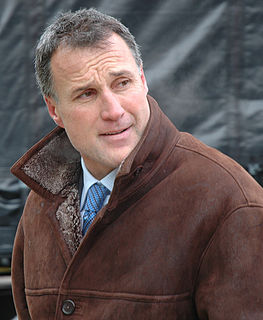A Quote by Margaret Cho
What happened in the 80's was that all the men died of AIDS. That was a particularly depressing time because so many people passed away and it was a very desperate and lonely time, so I think a lot of people felt that we were somehow, unreceived. Not only by the disease but also by the public image of the disease. It really gave homophobia a real shot in the arm and changed the way people viewed gays, queers. It became an entirely different atmosphere.
Quote Topics
AIDS
Also
Arm
Atmosphere
Away
Became
Because
Changed
Depressing
Desperate
Died
Different
Disease
Entirely
Felt
Gave
Gays
Happened
Homophobia
Image
Lonely
Lot
Many
Men
Only
Particularly
Passed
Passed Away
People
Public
Public Image
Real
Really
Shot
So Many People
Somehow
Think
Time
Very
Viewed
Way
Were
Related Quotes
People still think of AIDS as a shame-based disease, it's a sexually transmitted disease, and you're either gay or you're a prostitute or an intravenous drug user. And so a lot of people are still very bigoted about this disease. It's such a treatable disease. It's so - the end is in sight for this disease, medically.
Sometimes I felt lonely because I pushed people away for so long that I honestly didn't have many close connections left. I was physically isolated and disconnected from the world. Sometimes I felt lonely in a crowded room. This kind of loneliness pierced my soul and ached to the core. I not only felt disconnected from the world, but I also felt like no one ever loved me. Intellectually, I knew that people did, but I still felt that way.
Not only was Dan Cooper likely an alias, but many people suspected at the time were people living under assumed names. The '50s and '60s were a time when some people were desperate to leave their lives. They felt trapped in their marriages or their jobs, and they were seeking freedom. And one of the ways to do that, because technology wasn't advanced as it is today, was just to take over somebody's name.
Because gay people were so much more visible, violence against gays was more common and reported on. But they were definitely related to each other. In the wake of AIDS, gay people felt like they had to organize, become much more active and visible. AIDS fostered a gay rights movement that made gay people more powerful and more vulnerable at the same time.
I have seen several deaths, too many deaths in my life, and they were all different. Each one was different. It didn't seem to be necessarily connected with the life of the person. Some people that were not particularly developed or outstanding or spiritual died very easily. Some other people were on a very high level and had a difficult time in dying.
When I first came up, the whole AIDS epidemic was starting, and the gay community that I experienced from the beginning of my career was mostly - and overwhelmingly - concerned with staying alive. And, also, I felt really aware of the preciousness of life and time. The gay community and people who were HIV-positive were treated so badly, and I was very disturbed by things. But I also saw a lot of love and connection in the gay community at that time.
I think I started to approach time in a different way after the accident. Before I was more willing to give my time to people and things that I wasn't as interested in because somehow I allowed myself to be brainwashed into being forced to work with other people or on other projects that I had no interest in. So simply, the accident gave me the opportunity to do what I really wanted to do.



